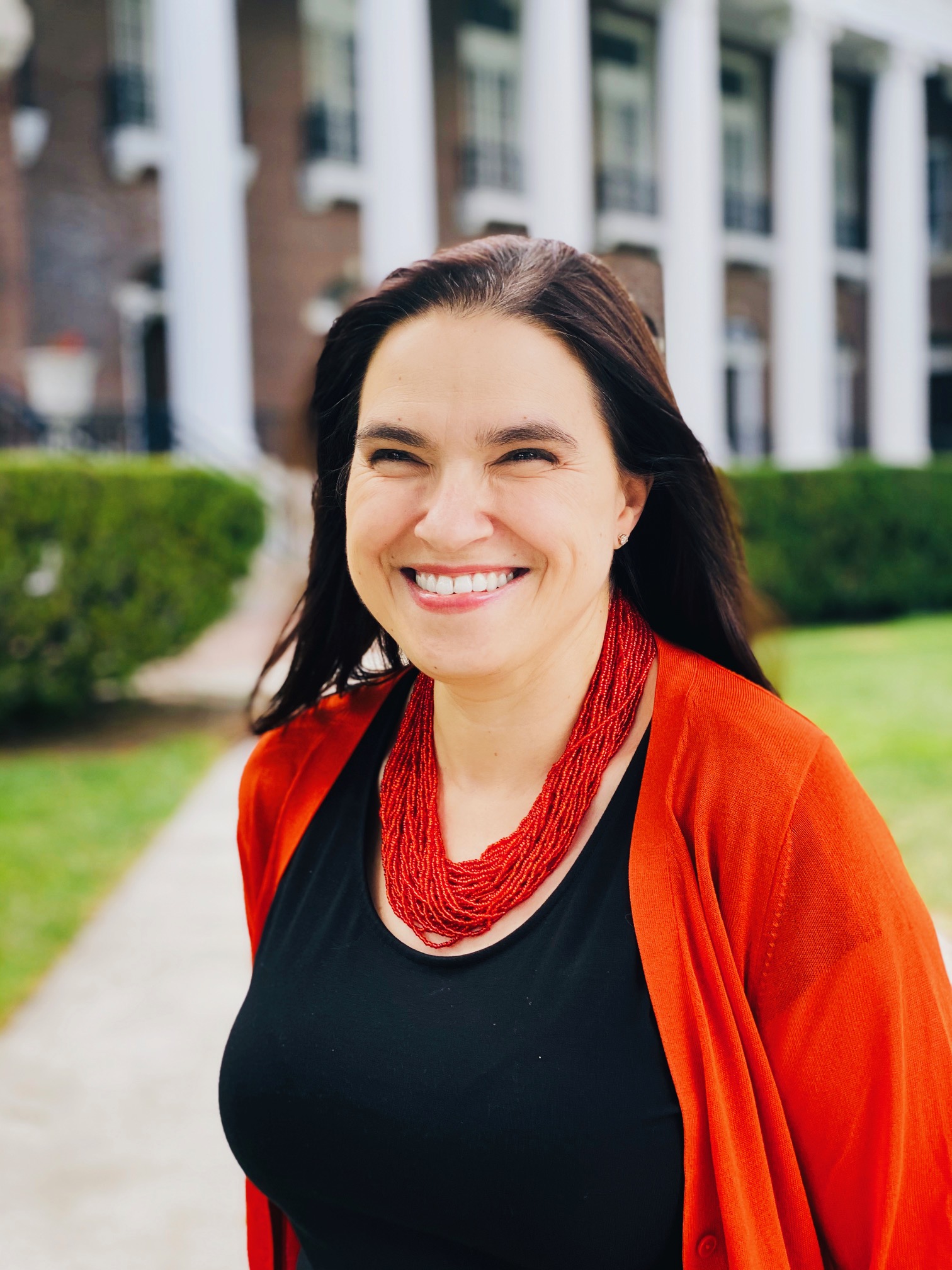
It is time to graduate another outstanding master’s class! We have had the privilege to mentor Austin Ashley, Kristina Howell, Hunter Meyers, Maggie Palmiero, Yinuo Peng, Ajith Senthil, Shuo Yan, Yuji Yao, and Chenhao Zhao. As Hunter describes in the Student Spotlight, master’s students enter the program with a range of experience. They work diligently to acquire the necessary tools and knowledge to conduct original research in their subfield. This pioneering group of students pursued research in a wide array of topics, such as parasocial relationships, how people recall trajectories of past romantic relationships, leadership and influence tactics, emotion and coping, the differential effects of negative emotions on mind wandering, comparing human and deep neural network learning, Asian/Asian American internalization of cultural constructs and anxiety, tokenism and stereotype threat, and using AI to create observation-based psychometrics.
In addition to dedicating themselves to research, they creatively communicated their work to an experienced audience at the MSPS Research Fair and to a broad audience with a self-published research zine. In the Student Spotlight, Hunter recounts his engagement with the science communication workshop, which was developed and implemented in Spring 2024 in collaboration with doctoral student, Aggie Rieger. Aggie and I designed a playful, reflective, activity-based 6-session science communication workshop for second year students, with an accompanying 1-session workshop for first year students. We aimed to increase awareness of science communication mediums and principles, increase student ability to identify the important aspects of their research for broader communication, and to increase student confidence in engaging with and creating their own science communication. The workshop culminated in the production of the zine, which reflects the students’ dedication to connect with audiences as teachers, mentors, and scientists.